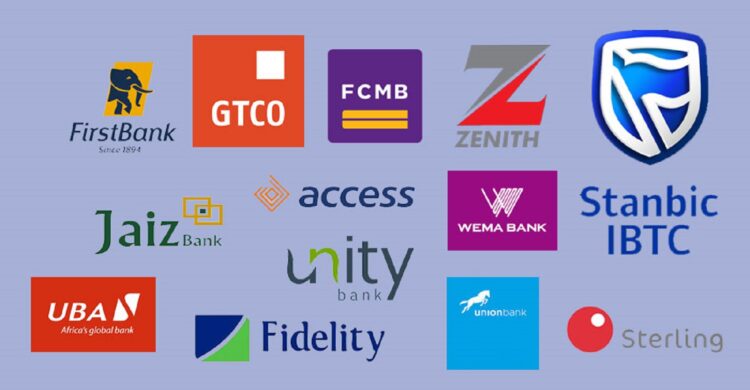Banks have ended the sale of the dollar at CBN Rates to customers.
NewsOnline Nigeria reports that the commercial banks in Nigeria have sent out messages to their customers updating them on changes to foreign exchange policy as recently announced by the central bank.
These notifications, sent via email, contain crucial information regarding the determination of exchange rates, emphasizing that the central bank no longer sets the rate.
The emails, reviewed by NewsOnline Nigeria, also include updates on the application process for obtaining foreign exchange for travel allowances.
This is coming a week after a CBN announcement completely changed the forex market in Nigeria after years of capital controls and exchange rate complexities.
One of the messages from a commercial bank explains that the revised forex policy has impacted access to Form A and Form Q, which are used for making applications.
- “The changes to the Central Bank’s policy on Foreign Exchange have the following impact on the processing of all Form A (PTA/BTA, School Fees, Medical Fees…) and Form Q (SME) applications” A bank clarified.
The bank further stated that all applications will continue to be processed through the Bank meaning the banks will remain the destination for buying forex for eligible transactions.
Another bank notified its customers that “the Naira to Foreign Currency exchange rate is no longer fixed by the Central Bank” explaining that this means customers can no longer expect to buy forex at fixed rates.
- “The rate is determined by the prevailing Foreign Exchange market rate at the point of Foreign Exchange purchase guided by the Investors and Exporters (I&E) window. The above will affect all new and pending Form A and Form Q applications.” another bank stated
A tier one bank also confirmed CBN will no longer determine rates and that it is the I&E Window rates that will be used “All applications will be processed through the Bank; however, the Foreign Exchange (FX) rate will no longer be determined by the CBN.”
- “Applicable rates will be determined by the prevailing rate at the Investors & Exporters (I&E) window at the time the request is processed by the Bank.”
The bank also stated that the changes will affect “all new and pending applications” for forex.
Another Tier 2 bank stated,
- “In line with the press release by the Central Bank of Nigeria dated 14th June 2023, the following changes have been effected immediately to the operations of the Nigerian Foreign Exchange (FX) Market.”
- “All eligible FX transactions (Form M, Form A & Form Q) shall only be done via the I&E window. PTA, BTA, other Form A, and Form Q transactions will be accessed through the banks at the prevailing I&E market rate.”
The banks also stated that documentations requirement remain the same and all the information typically required for the application process will remain.
This suggests travel tickets and international passports with visa pages will still be required to process applications for travel allowances.
- “All documentation requirements remain the same, and there are no changes in the application process.”
They also all called for the bank accounts of applicants to be fully funded.
Why this matters: It is important for the banks to inform their customers about these changes, especially the exchange rates which were previously determined by the central bank
- Customers need to understand that the exchange rates will no longer be fixed and will instead be determined by the prevailing market rate at the Investors and Exporters (I&E) window. This knowledge empowers customers to make informed decisions and manage their foreign exchange requirements more effectively.
- Informing customers about the removal of fixed exchange rates is crucial for managing expectations. Previously, customers may have relied on stable exchange rates set by the central bank for their forex transactions.
- By notifying customers that these fixed rates are no longer applicable, banks prevent any false expectations and ensure that customers are aware of the potential fluctuations in exchange rates, which could impact their transactions.
- The change in exchange rate determination directly affects customers’ financial transactions. With the shift to market-driven rates, customers can no longer rely on purchasing forex at fixed rates.
This notification enables customers to plan their forex purchases accordingly and consider market fluctuations that might affect the cost of their transactions. This is why they insist that the customers fully fund their accounts “at all times.”














